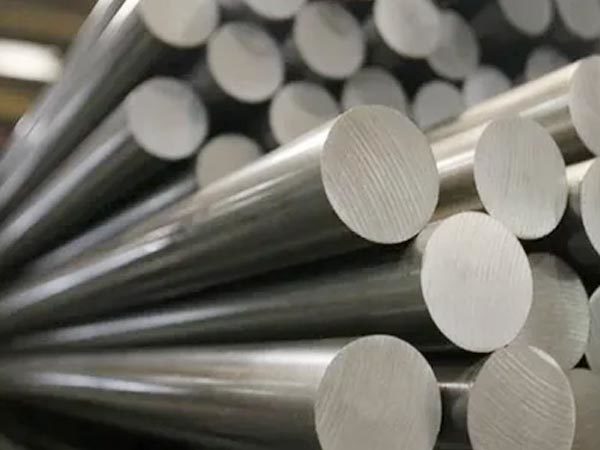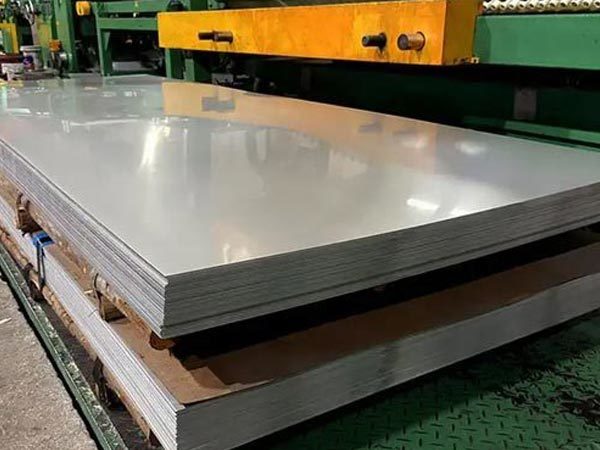JINGYE STEEL GROUP CO., LTD
What does metallurgy do
Apr 03,2025
Metallurgy is the process and process of extracting metals or metal compounds from minerals and making metal materials with specific properties through processing.
Metallurgy is a science and technology involving metal extraction, purification and processing. Its core goal is to obtain metals or metal compounds from ores or other raw materials and process them into materials that meet industrial needs. The following is a detailed analysis of metallurgy:
1. Definition and purpose of metallurgy
Definition: Metallurgy is a technology that extracts metal or metal compounds from minerals through physical, chemical or electrochemical methods and further processes them into metal materials.
Purpose: The vast majority of metals (such as iron, copper, aluminum, etc.) exist in nature as oxides or sulfides. Metallurgy converts metals into available forms through separation and purification, and is used in manufacturing, construction, electronics and other fields.
2. The main methods of metallurgy
Metallurgical technology can be divided into three categories, each method is suitable for different metal extraction scenarios:
Fire Metallurgy
At high temperatures (usually exceeding the melting point of the metal), metals and impurities are separated by smelting, roasting and other steps. For example, steel smelting mainly reduces iron ore through blast furnaces.
Hydrometallurgy
Use solvents (such as acids and alkalis) to dissolve metals at room temperature or low temperature (usually below 100°C), and then extract them by replacement, electrolysis, etc. Commonly used in the refining of metals such as copper and zinc.
Electric metallurgy
Use electrical energy to extract metals, including electrothermal metallurgy (such as arc furnace steelmaking) and electrochemical metallurgy (such as molten salt electrolysis of aluminum).
3. Technical principles and processes of metallurgy
Technical core: Remove impurities through slag-making, decarbonization, deoxygenation and other operations to obtain pure metals or alloys.
Typical Process:
Ore pretreatment (such as crushing, ore dressing);
Metal extraction (fire, wet or electric);
Refining (such as electrolytic refining copper);
Molding and processing (casting, rolling, etc.).
4. Application and discipline development of metallurgy
Industrial applications: covering steel smelting, non-ferrous metal purification, aerospace material manufacturing, etc.
Discipline Branch: Modern metallurgical engineering combines physical chemistry and materials science, forming professional fields such as metallurgical physicochemistry and metallurgical engineering.
Summary: Metallurgy is not only the basis of industrial production, but also the key driving force for the development of human civilization. From the Bronze Age to modern high-tech materials, they all rely on their technological progress.
Hot Tags:





